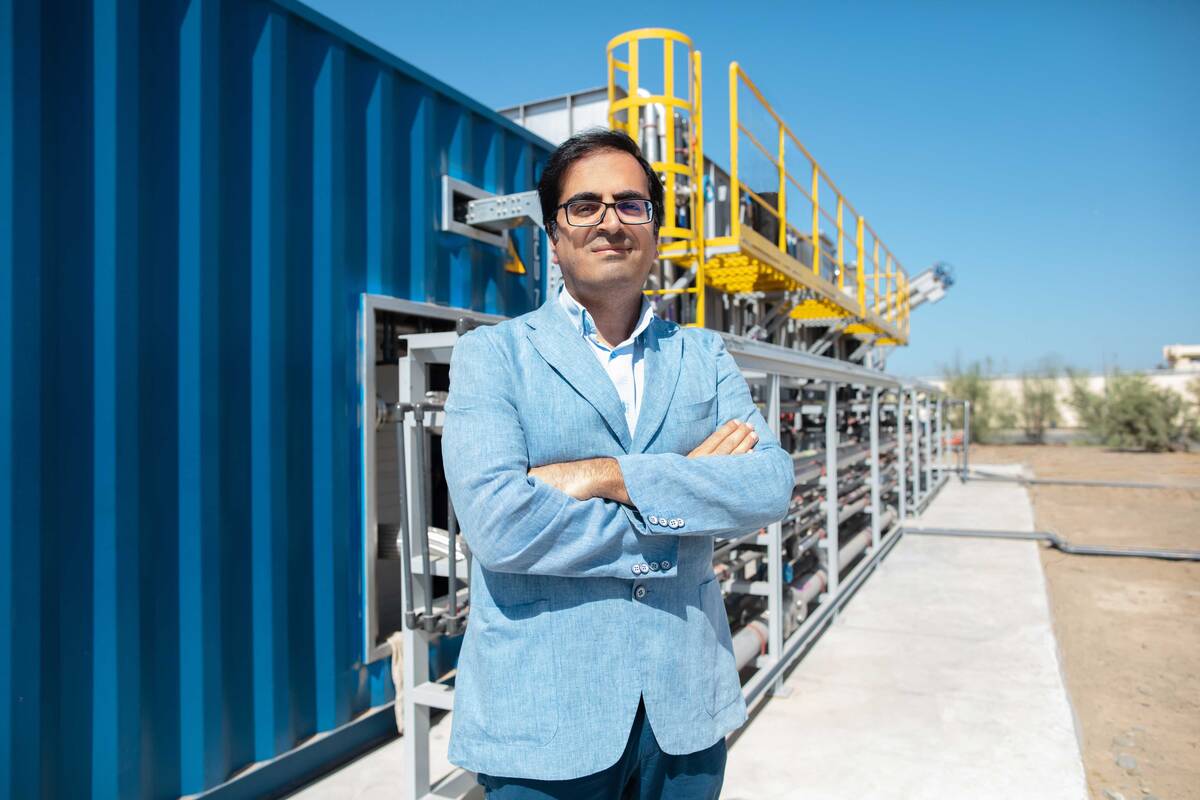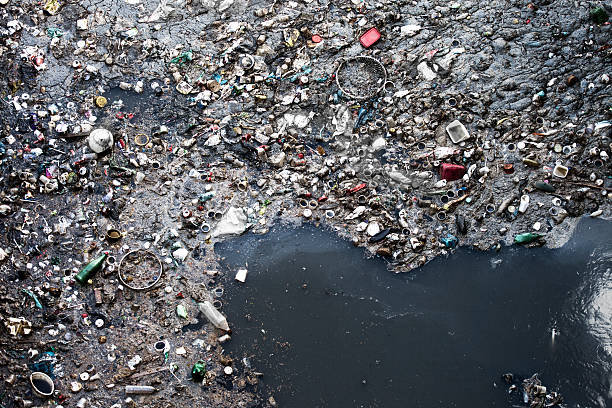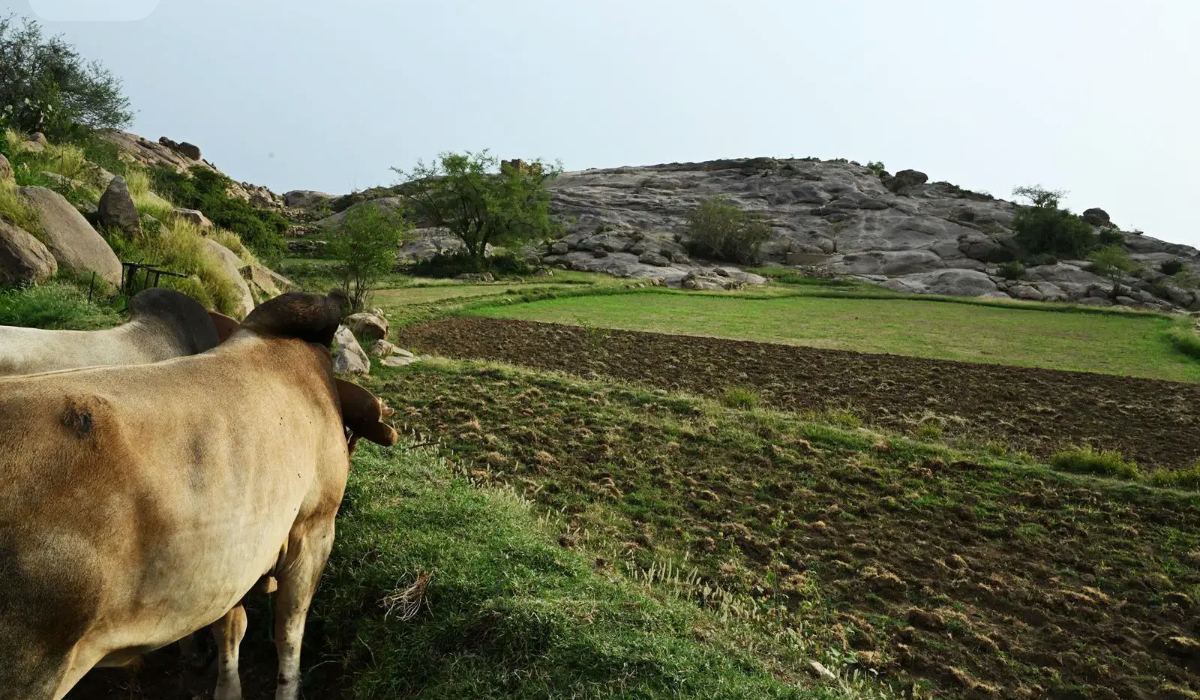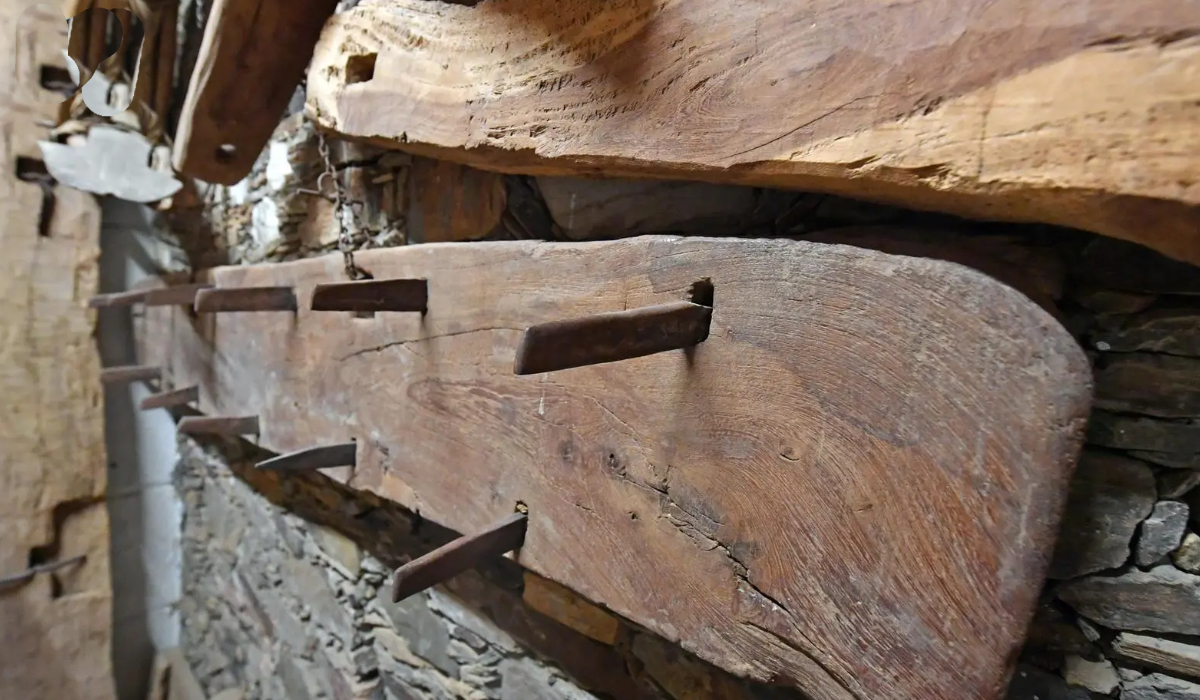DUBAI: Mention Saudi Arabia’s city of Madinah and few will think of the rich variety of herbs that grow in its fertile soil. But for Lamees Madani, who traces her own roots to the holy city, the two are inseparable.
Besides being the one of the three holiest cities in Islam, Madinah is the capital of Saudi Arabia’s Madinah region. While its 1.5 million residents mostly live in the urban area, the city also boasts the Hejaz mountain range, empty valleys, agricultural spaces, older dormant volcanoes and the Nafud desert.
“I wasn’t born in Madinah, but I am originally from there,” Madani told Arab News. “I grew up there in my grandfather’s and uncle’s houses and they used to add these special herbs to their tea. The idea came from this heritage.”
Madani created Naanie Tea in Jeddah in 2019, combining a blend of herbs that only grow in Madinah. “They have different aromas and names, and they’re all from the ‘naanaa’ (mint in Arabic) family,” she said. “Some of them are called etra (lemongrass), dosh and habag.”
Her business idea is steeped in the heritage of Madinah, where locals have long grown a variety of herbs in their farms and gardens for use in cookery, seasoning and drinks — especially tea.
“The story comes from this background and the heritage of older people who used to do this for tea time,” Madani said.
Depending on the season, Madani uses six different herbs from three organic farms, dries them and then blends them in a single teabag. Her aim is to make the unique flavors of Madinah convenient and accessible to customers far and wide.
“The idea is to make it easy for people who love Madinah and love the taste of these herbs, but can’t get them easily,” Madani said. “For people living abroad, or while traveling, it’s practical and easy to use. It’s also 100 percent natural, with no caffeine, preservatives or added sugar. It’s a blend of different natural organic herbs that form an infusion.”
FASTFACT
MADINAH
* Madinah is the second-holiest of three cities in the Islamic tradition.
* It is the main city of the Madinah region in KSA’s western reaches.
* The estimated population of Madinah in 2020 is 1,488,782.
Born in the US city of Tucson in Arizona, where her father was studying a Ph.D., Madani moved to Jeddah at the age of two. It was there she earned a bachelor’s degree in early childhood studies at the King Abdul Aziz University, and later obtained a master’s degree.
After a couple of years working at a kindergarten, Madani began her career at Effat University, which takes its name from Queen Effat, who pioneered women’s education in Saudi Arabia. There, she mainly served the university’s communications and public relations department.
Five years in communications at Jeddah Port then followed, by which time Madani felt it was time for a change. “I found I’d had enough of working for others and thought I needed to start my own business,” she said.
“The idea for Naanie Tea was in my mind from the very beginning. I took some courses in e-commerce. The idea was cooked there, and I started on a very small scale by testing the blends at home with all my friends and family.”
Right from the start, Naanie Tea caused a stir in the Kingdom. “People loved it so much,” Madani said. “It’s the first of its kind in the Saudi and Arab markets, and I’m stunned that nobody has ever thought of making use of these unique herbs. Everybody loves them, and they’ve been there for millennia.”
Keeping Madinah's traditions alive
Love for Madinah has prompted another female Saudi entrepreneur to invest tens of thousands of riyals in keeping the traditions of the city alive. Mashael Al-Sihli’s Madiniat Cafe looks to introduce tourists to the true culture of Madinah, as well as giving nostalgic locals a taste of the “good old days.” The decoration is meant to mirror the identity of old Madinah. “Not only the decor shows the old life of the Madinah people, but also the way we offer drinks and desserts,” Al-Sihli told Arab News in February. “The clothes on display also make one feel that they are truly living the experience of the old people of Madinah.” The idea of the cafe came to her after she worked at home making service plates, gifts and antiquities. “I had the chance to put my works at the Madinah pavilion in the Janadriyah National Heritage and Culture Festival,” Al-Sihli said. “There, a company representative approached me and offered to help me with a bank loan as part of their social responsibility program.”
She opened Madiniat Cafe last year, and customers packed the premises from the outset. Al-Sihli said she traveled to China and Egypt to buy some of the items in the cafe that were used by the people of Madinah in the past. “All my designs were inspired by the traditions of Madinah and the old daily lives of its men, and I put them on display. I then thought of gathering these products in one place,” she said. “I noticed that the people who come here yearn for the old days and enjoy sitting in such a place where every piece reminds them of their old days,” she told Arab News. “Elderly visitors, who make up the majority of visitors, also find joy in telling me stories about their life in the past.” — Mohammed Al-Kinani
So far, one blend is available across seven branches of Manuel Market in Jeddah and 11 stores in Riyadh, with plans underway for another product line. Boxes can also be ordered online and delivered anywhere in the Kingdom.
Madani said her dream is to see her brand sold across the Arab world. “Muslims love having something from Madinah. And for non-Muslims, it’s about having something organic, natural, healthy and traditional,” she told Arab News. “I’d love to see it in all capitals and hotels in the world, and restaurants, gyms and health centers.”
Priced at SR38 ($10) a box, the tea is more expensive than other commercial brands, mainly because the ingredients are organic and grown at a select few farms in Madinah. The process is also labor intensive. “It goes through a very delicate, long and handmade process,” Madani said. “Then, I send it to the factory in Jeddah where it is packaged and designed.”
The brand has proved a particular hit with consumers looking for a healthy detox. “People are getting healthier. They’re leading a more health-conscious lifestyle and trying to cut down on caffeine and sugar,” she said.
Madani’s business success is part of a wider trend in Saudi society, where untapped creativity is finally getting the encouragement it needs. Saudi Vision 2030, the kingdom’s plan to diversify its economy, has offered young entrepreneurs the means to develop their brands and ideas.
To know that exciting times lie ahead does not require reading tea leaves any more. “Saudi Arabia is changing dramatically — the market is full of local brands in every single sector and everything is booming now. Saudis are so enthusiastic,” Madani said.
“Across the country, there are so many local brands, amazing and creative ideas, and young people, and in a few years’ time you will see a lot more.”
---------------------
Twitter: @CalineMalek







































